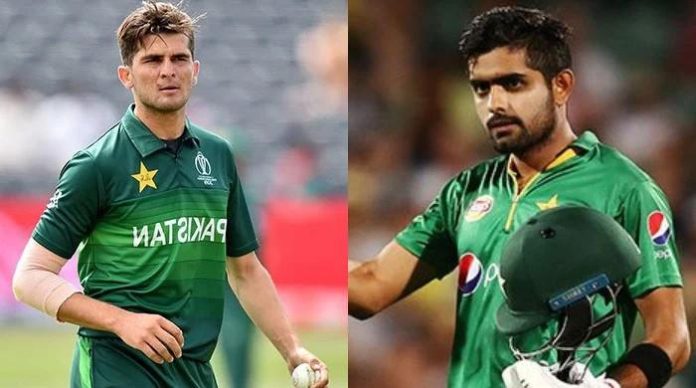Harsha Bhogle’s insights into Pakistan’s prospects in the ICC World Cup 2023 shed light on some critical aspects of the team’s performance and strategies.
Firstly, his assertion that Shaheen Afridi’s role may be more pivotal than captain Babar Azam’s underscores the significance of a potent bowling attack in limited-overs cricket. Shaheen Afridi’s ability to strike early and provide breakthroughs in the powerplay can set the tone for Pakistan’s bowling unit. Bhogle rightly points out that when Shaheen doesn’t take wickets upfront, Pakistan’s bowling appears less potent, emphasizing the need for consistent new-ball success.
Bhogle’s emphasis on the performance of Pakistan’s spinners in the middle overs is also valid. In the modern game, spinners play a crucial role in controlling the run rate and taking wickets during the middle phase of an innings. Pakistan’s success may indeed hinge on how well their spinners can exploit these crucial overs.
Regarding the opening combination, Bhogle’s support for Imam-ul-Haq and Abdullah Shafique over Fakhar Zaman reflects the idea of form over reputation. It’s essential to back in-form players, and if Imam and Shafique are delivering, it can provide stability at the top of the order.
Lastly, Bhogle’s concerns about Pakistan’s middle-order batting and spin bowling options highlight areas that need attention. A strong middle order and reliable spinners are essential for a team’s success in limited-overs cricket, and Pakistan will need to address these issues to be competitive in the World Cup. Babar Azam’s individual performance as a batsman and captain will indeed be crucial in guiding Pakistan through the tournament, but the overall team dynamics will determine their success.


